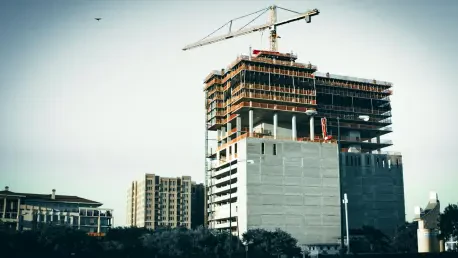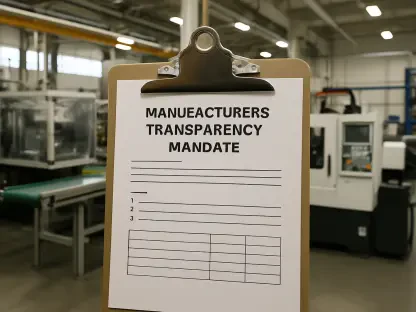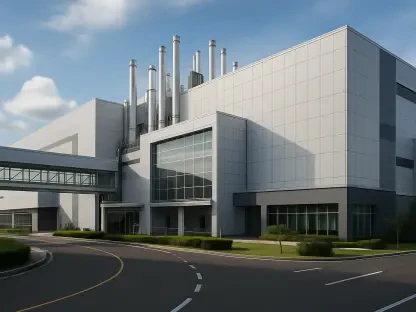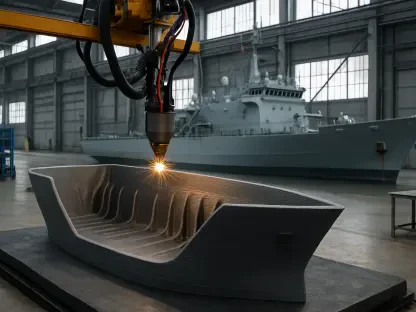The landscape of autonomous vehicle (AV) technology is undergoing a dramatic transformation in Texas, a state once celebrated as a haven for self-driving innovation, but now facing stringent regulations with the implementation of Senate Bill 2807 on September 1. These new rules have replaced the previously lenient policies that made Texas a testing ground for giants like Tesla and Waymo. This shift raises critical questions about the balance between technological advancement and public safety. As AV companies navigate operational permits, safety protocols, and potential fleet expansion hurdles, the implications of these rules extend far beyond state lines. This regulatory pivot not only redefines how self-driving tech operates in Texas but also sets a potential blueprint for other states grappling with similar challenges. The focus now turns to understanding the depth of these changes and their ripple effects on an industry poised for growth.
Navigating the Regulatory Shift
Understanding Senate Bill 2807’s Core Provisions
The introduction of Senate Bill 2807 marks a significant departure from Texas’s earlier hands-off approach to autonomous vehicles, ushering in a new era of oversight. Under this legislation, companies must secure operational permits from the Texas Department of Motor Vehicles (TxDMV), with the risk of revocation if compliance falters. Additionally, AV operators are required to establish detailed emergency response protocols and adhere to rigorous safety guidelines. This move reflects a broader push for accountability in an industry often criticized for its unpredictability. Public concerns, such as the difficulty AVs face in interpreting police hand signals, have fueled the need for these stricter measures. The bill’s emphasis on structured regulation aims to address these gaps, ensuring that innovation does not come at the expense of safety on Texas roads. As a result, companies face a steep learning curve to align their operations with these mandates.
Operational Challenges for AV Companies
Beyond the legal framework, the practical implications of Senate Bill 2807 present formidable challenges for AV companies operating in Texas. The requirement to submit safety plans for first responders, coupled with mandatory training programs, places a significant operational burden on firms like Waymo. In Austin alone, over 1,000 responders have been trained and certified by a global inspection authority, highlighting the scale of effort needed to meet these standards. Moreover, the lack of real-time city data complicates navigation for AVs, necessitating closer coordination with state agencies. For Tesla’s Robotaxi service, which once thrived under Texas’s permissive testing environment, fleet expansion now faces potential delays and increased costs. These hurdles underscore a critical tension between maintaining innovation momentum and ensuring public trust, as companies must adapt to a landscape where oversight trumps experimentation.
Broader Implications for the AV Industry
Setting a Precedent for National Standards
The regulatory overhaul in Texas is not just a local concern but a potential harbinger of change across the United States. As one of the first states to issue AV permits, Texas’s pivot to stricter controls could inspire similar frameworks in other regions. This shift signals a maturation of the AV industry, where the need for clear legal and safety standards is becoming undeniable. The emphasis on accountability and structured oversight addresses long-standing public apprehensions about self-driving technology. If successful, Texas’s model might encourage a nationwide push for uniformity in AV regulations, reducing the patchwork of state-specific rules that currently complicate operations for major players. This evolving landscape suggests that the era of unchecked innovation may be giving way to a more responsible approach, balancing technological progress with societal needs.
Balancing Safety and Innovation in the Long Term
While immediate challenges dominate the conversation, the long-term impact of Texas’s new AV rules offers a glimpse into a more sustainable integration of this technology. Public support for tighter regulations reflects a growing consensus that safety must underpin technological advancement. Campaigns like “Be Safe” and “Drive Smart,” alongside hefty penalties for traffic violations, demonstrate Texas’s comprehensive commitment to road safety. For the AV industry, adapting to these rules could foster greater trust among citizens, paving the way for broader acceptance of self-driving vehicles. However, the burden of compliance must not stifle innovation entirely. Striking this balance will be crucial as companies refine their technologies and collaborate with authorities to mitigate risks. Looking ahead, the lessons learned from Texas’s regulatory journey could shape how AVs evolve, ensuring they become a reliable fixture in daily life rather than a source of uncertainty.









